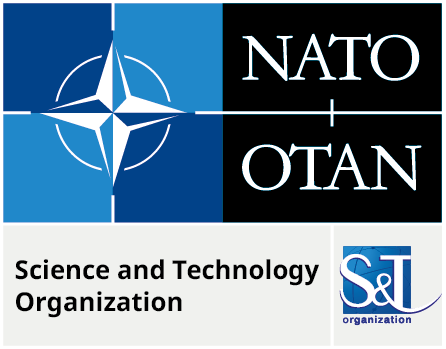From Caps and Gowns to New Horizons: December Graduation Stories
COSMOS is happy to announce the graduation of three of our own cosmographers, Qudirat Akanji, Gaurav Raj Thapa, and Manideepika Kurapati! All three received their Masters this last December 2023. Dr. Agarwal said, “I am extremely proud of their accomplishments and the numerous contributions they have made to the COSMOS center. Even though they have graduated, they are eternally part of COSMOS – they just shine from a distance! I wish them all the best for their future endeavors.” Below are interviews detailing their personal stories of classes at UALR and work at COSMOS. In these interviews, we spoke to the graduating students of theRead More →

